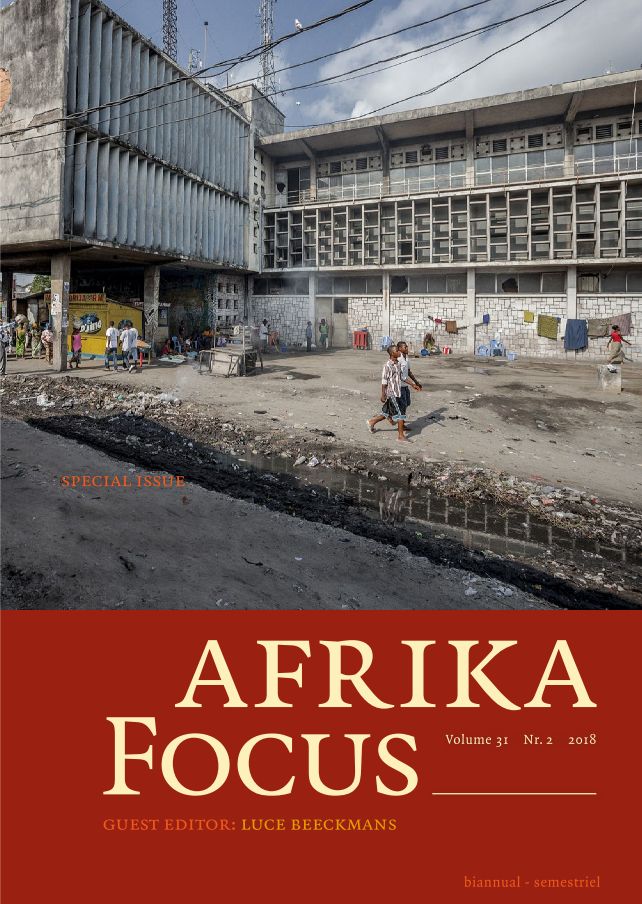Twenty Five Years Fighting for Women’s Health and Rights: Some Progress But Still a Long Way to Go
DOI:
https://doi.org/10.21825/af.v31i2.9921Abstract
The aim of this paper is to provide an overview of 25 years women’s health and rights, a difficult journey with steps forward and backwards since the landmark conference in 1994 when reproductive rights were for the first time on the menu. However, although great strides have been made in reducing maternal and child mortality since then, among others by the United Nations with the establishment of the Millennium Development Goals for 2015, showing that change is possible, many countries are still lagging behind in reaching the goals. While the new global architecture, in particular with the Sustainable Development Goals and the Global Strategy for Women’s, Children’s and Adolescents’ Health, ensures that these issues remain high on the political agenda, this paper argues that we must move from political commitment to action, via the creation and dissemination of research evidence. As the Founding President of the Ghent Africa Platform (GAP) at Ghent University, I still believe GAP has an important role to play regarding this international collaboration and dissemination of scientific knowledge. KEYWORDS: WOMEN’S HEALTH, WOMEN’S RIGHTS, REPRODUCTIVE RIGHTS, UN DEVELOPMENT GOALSDownloads
Published
How to Cite
Issue
Section
License
Copyright (c) 2019 Marleen Temmerman

This work is licensed under a Creative Commons Attribution-ShareAlike 4.0 International License.
Authors who publish with this journal agree to the following terms
Authors retain copyright and grant the journal right of first publication with the work simultaneously licensed under a Creative Commons Attribution License that allows others to share the work with an acknowledgement of the work's authorship and initial publication in this journal.
Authors are able to enter into separate, additional contractual arrangements for the non-exclusive distribution of the journal's published version of the work (e.g., post it to an institutional repository or publish it in a book), with an acknowledgement of its initial publication in this journal.
Authors are permitted and encouraged to post their work online (e.g., in institutional repositories or on their website) prior to and during the submission process, as it can lead to productive exchanges, as well as earlier and greater citation of published work (See The Effect of Open Access).


